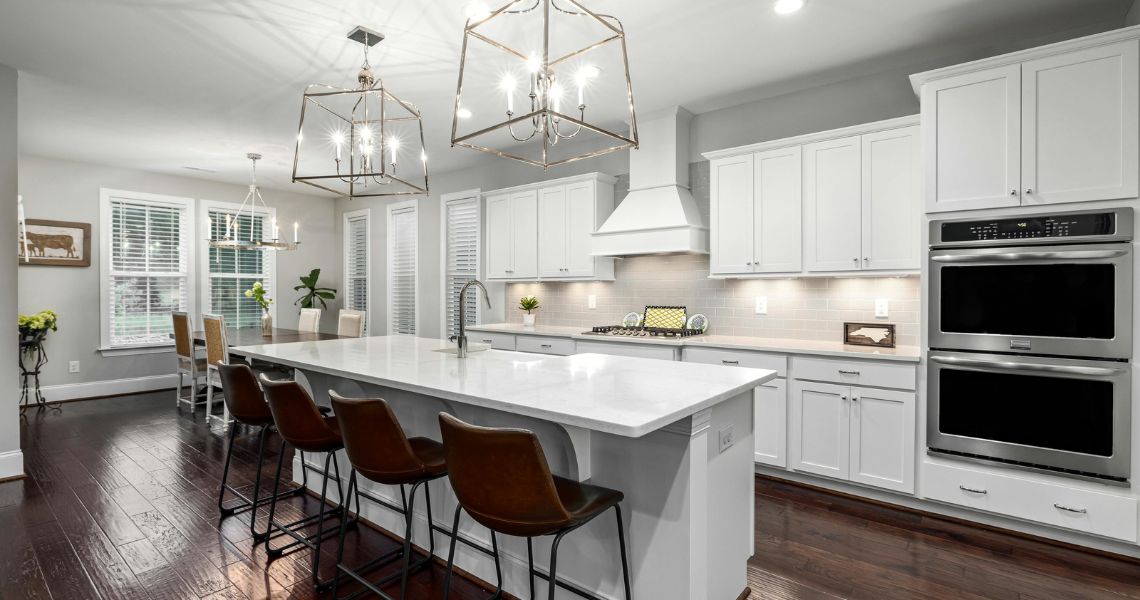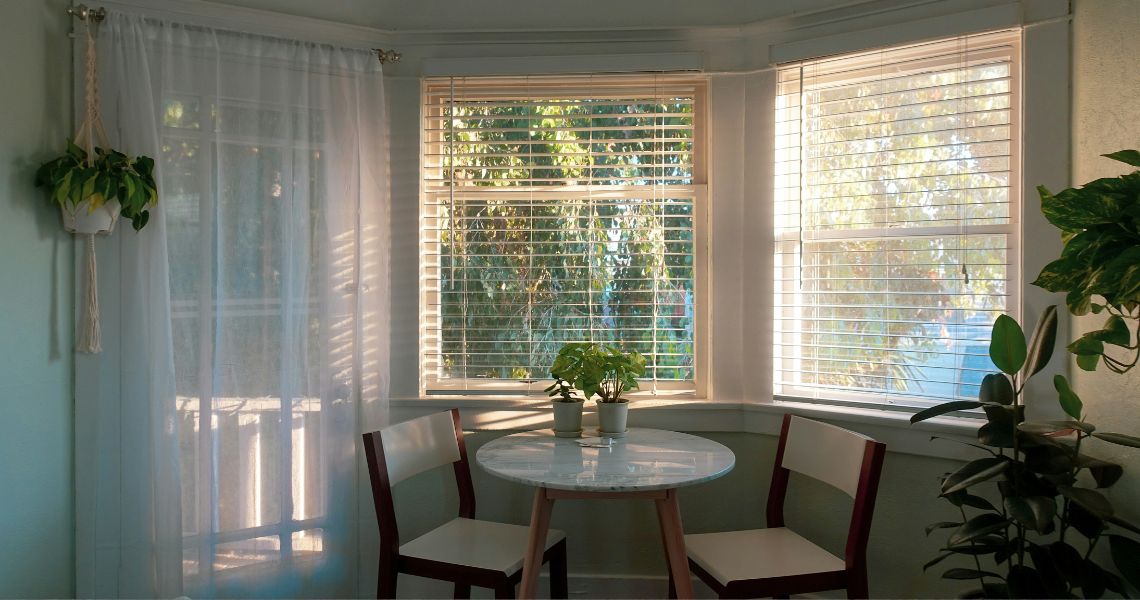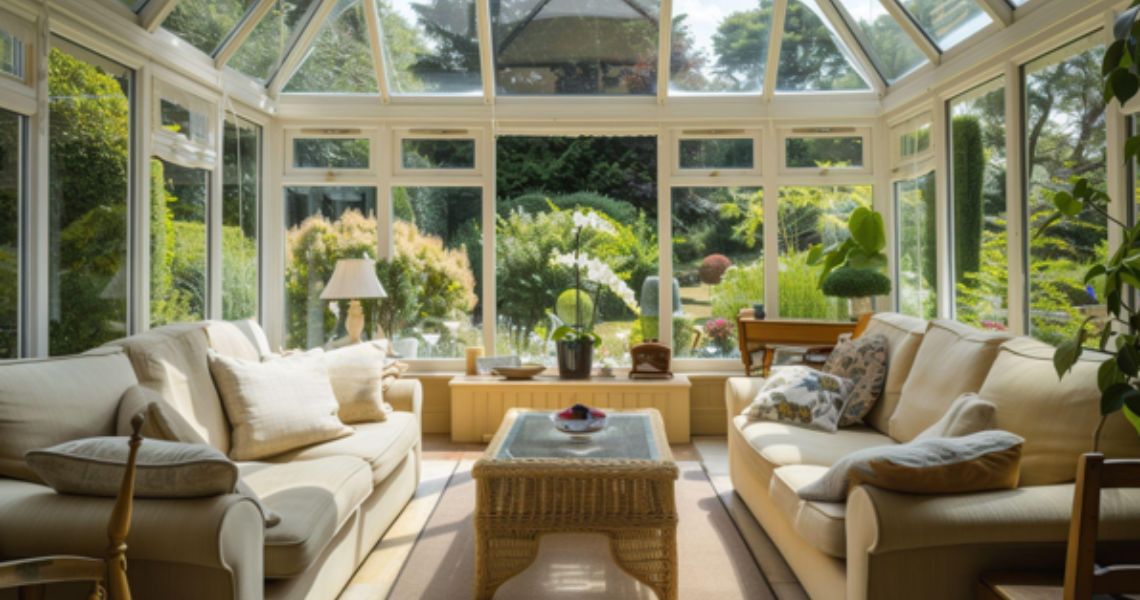Engineered wood flooring has become increasingly popular in UK homes, offering a perfect blend of aesthetics and practicality. This versatile flooring option combines the beauty of natural wood with enhanced stability and durability. On average, engineered wood flooring costs between £25 to £50 per square metre in the UK, depending on quality and design.
The price of engineered wood flooring varies based on several factors, including the thickness of the wear layer, the type of hardwood used, and the brand. Higher-quality options with thicker wear layers and premium finishes can cost up to £100 per square metre. These premium products often offer better longevity and the ability to be refinished multiple times, making them a worthwhile investment for homeowners seeking long-lasting floors.
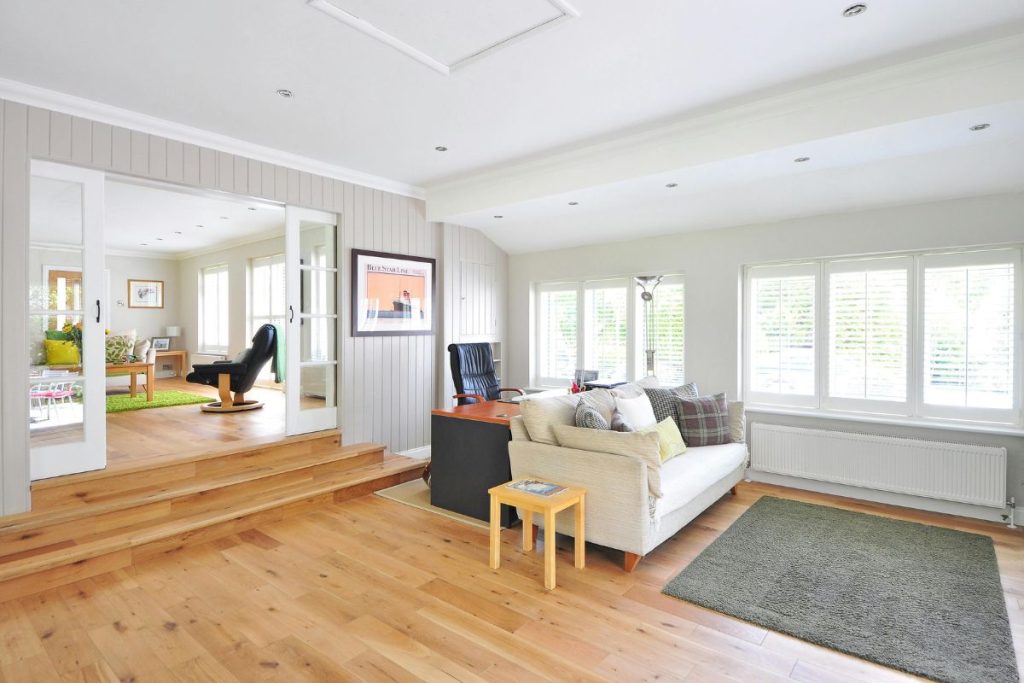
For those looking to elevate their home’s interior, considering engineered wood flooring from Luxury Flooring is a wise choice, which provides a range of options to suit various tastes and budgets. When considering engineered wood flooring, it’s essential to weigh the initial cost against the long-term benefits, such as durability, ease of maintenance, and potential increase in property value.
Key Takeaways
- Engineered wood flooring costs vary based on quality, design, and materials used
- Higher-quality options offer better longevity and refinishing potential
- Engineered wood provides a balance of aesthetics, durability, and value for UK homeowners
Understanding Engineered Wood Flooring
Engineered wood flooring combines durability, aesthetics, and practicality. This versatile option offers the look of solid hardwood with enhanced stability and moisture resistance.
Comparing Engineered Wood with Solid Hardwood and Alternatives
Engineered wood flooring differs from solid hardwood in its layered construction. The top layer consists of real wood veneer, while the core uses plywood or high-density fibreboard. This structure provides better dimensional stability than solid wood.
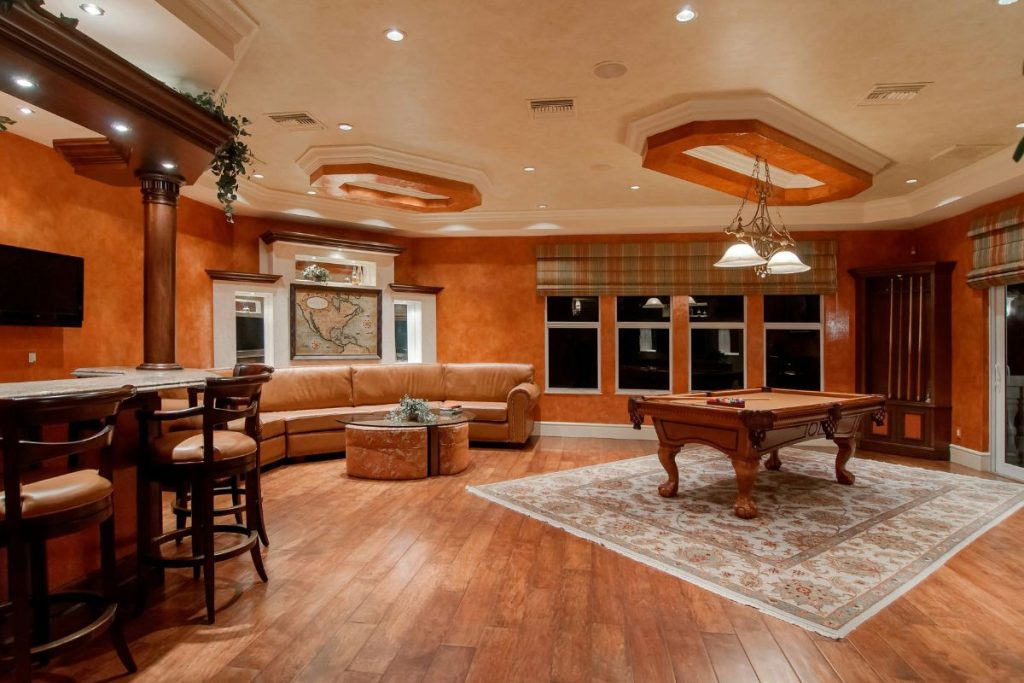
Compared to laminate or vinyl, engineered wood offers a more authentic wood appearance and feel. It can be refinished like solid hardwood, though typically fewer times due to the thinner top layer.
Engineered wood flooring is often more affordable than solid hardwood and performs better in areas with humidity fluctuations. It’s suitable for installation over radiant heating systems, unlike some solid wood options.
Core Components and Veneer Varieties
The core of engineered wood flooring typically consists of multiple layers of plywood or high-density fibreboard. These layers are arranged in a cross-grain pattern to enhance stability and reduce expansion or contraction.
The top layer, or wear layer, is made from real wood veneer. Common species include:
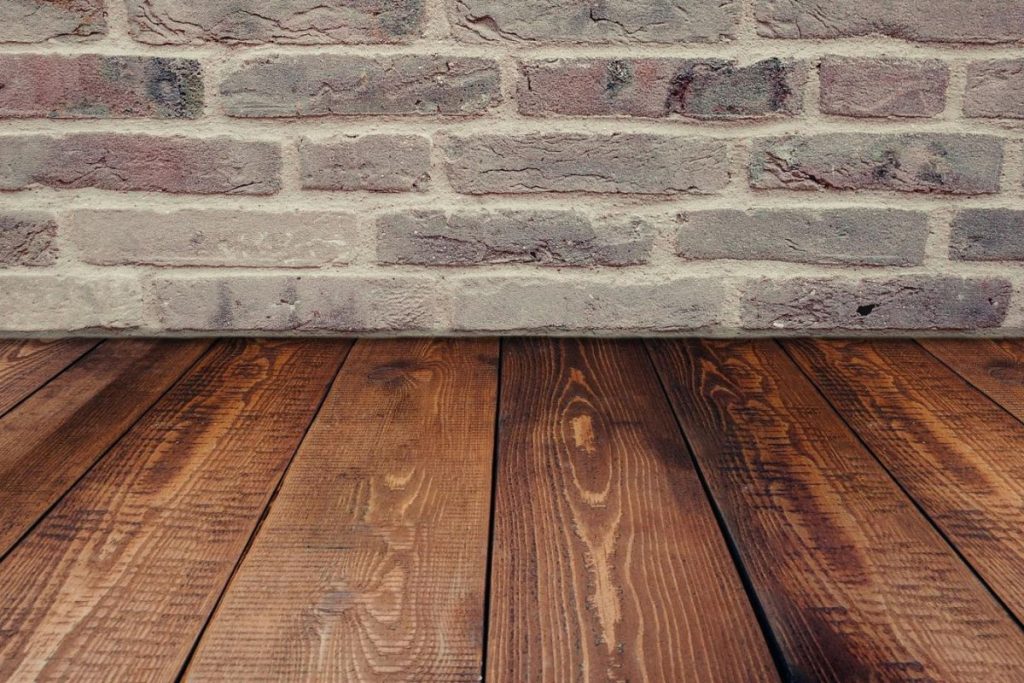
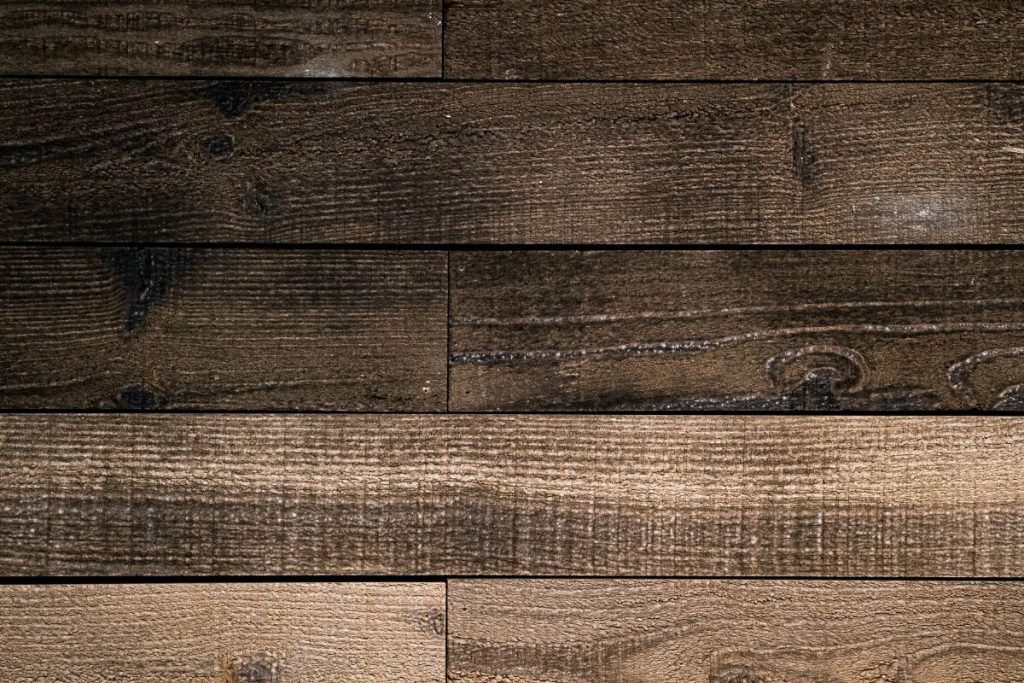
- Oak (red and white)
- Maple
- Walnut
- Cherry
- Exotic hardwoods like bamboo or acacia
Veneer thickness varies, usually ranging from 0.6 mm to 6 mm. Thicker veneers allow for more refinishing opportunities and can increase the lifespan of the flooring.
Factors Affecting Durability
Several factors influence the durability of engineered wood flooring:
- Wear layer thickness: Thicker veneers offer more longevity and refinishing options.
- Core material quality: Higher-grade plywood or fibreboard cores provide better stability.
- Finish type: UV-cured finishes or aluminum oxide coatings enhance scratch resistance.
- Wood species hardness: Harder woods like oak or maple resist dents better than softer species.
Regular maintenance, proper installation, and controlling indoor humidity levels also play crucial roles in preserving engineered wood flooring. Using furniture pads and area rugs in high-traffic zones can help protect the surface from wear and tear.
Cost Analysis of Engineered Wood Flooring
Engineered wood flooring costs in the UK vary widely based on several factors. Understanding the breakdown of expenses can help homeowners budget effectively and make informed decisions.
Material and Labour Cost Breakdown
The cost of engineered wood flooring typically ranges from £25 to £60 per square metre. This price includes both materials and labour. Higher-quality options with premium wood species can push costs to the upper end of this range. For those looking for expert installation, North London Floor Fitting services provide professional craftsmanship to ensure a flawless finish.
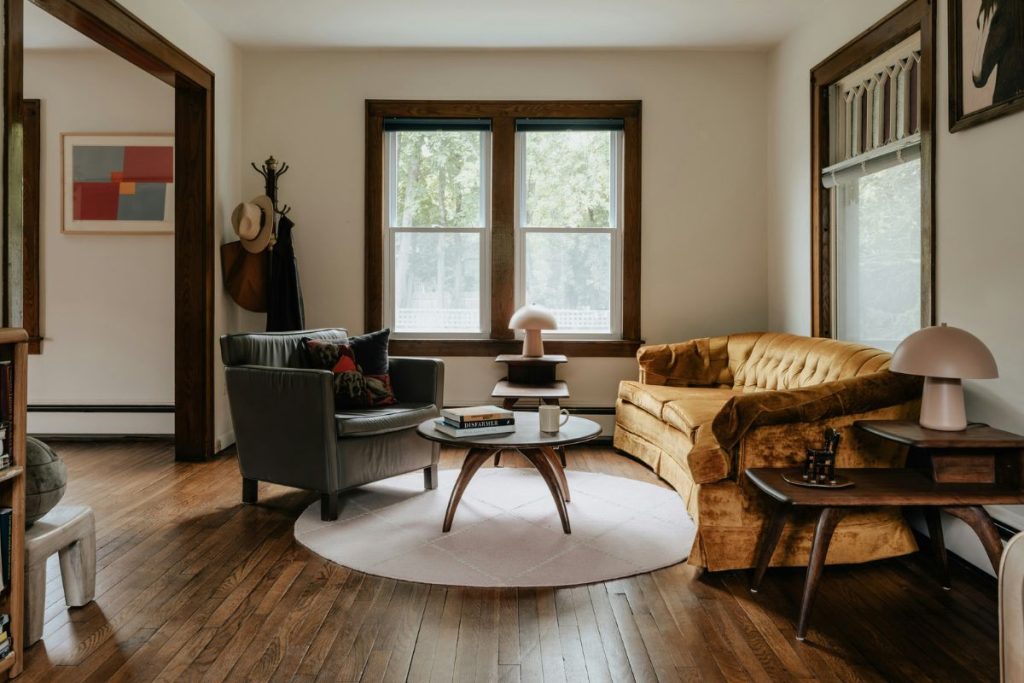
Labour costs usually account for about 30-40% of the total expense. Professional installers may charge £15-£25 per square metre for installation. Complex layouts or subfloor preparation can increase labour costs.
Material costs vary based on wood type and quality. Budget-friendly options start around £20 per square metre, while premium grades can exceed £40 per square metre.
Additional Costs: Underlay, Skirting Boards, and More
Underlay is essential for proper installation and can cost £3-£10 per square metre. It provides insulation and helps extend the life of the flooring.
Skirting boards, necessary for a polished look, typically cost £5-£15 per linear metre. Other potential expenses include:
- Door trims: £20-£50 per door
- Floor levelling compound: £10-£20 per bag
- Adhesive (if required): £20-£40 per 15kg tub
These additional costs can add 10-20% to the overall project budget.
Price Variations by Wood Species and Flooring Grade
Wood species significantly impact engineered flooring costs:
- Oak: £35-£60 per square metre
- Walnut: £50-£80 per square metre
- Maple: £40-£70 per square metre
- Exotic woods: £60-£100+ per square metre
Flooring grades also affect pricing:
- Prime grade (clear, uniform appearance): Highest cost
- Select grade (minor knots and colour variations): Mid-range pricing
- Rustic grade (prominent knots and character): Most affordable option
Higher grades can increase costs by 20-30% compared to rustic options.
Installation: DIY vs. Professional
DIY installation can save on labour costs but requires skill and proper tools. Homeowners should consider:
- Tool rental or purchase: £100-£300
- Potential mistakes leading to material waste
- Time investment: 2-4 days for an average room
Professional installation ensures:
- Proper subfloor preparation
- Efficient material use
- Warranty protection
- Faster completion: 1-2 days for an average room
While DIY can save money upfront, professional installation often provides better long-term value and results.
Conclusion
Engineered wood flooring offers UK homeowners a versatile and cost-effective option for enhancing their spaces. Prices typically range from £25 to £60 per square metre, depending on factors like wood type, veneer thickness, and brand quality. Oak and maple remain popular choices, balancing durability with aesthetic appeal.
While installation costs may vary, engineered wood often proves more economical to install than solid hardwood. Homeowners should carefully consider their budget, desired longevity, and specific room requirements when selecting engineered wood flooring.
Images courtesy of unsplash.com and pexels.com






